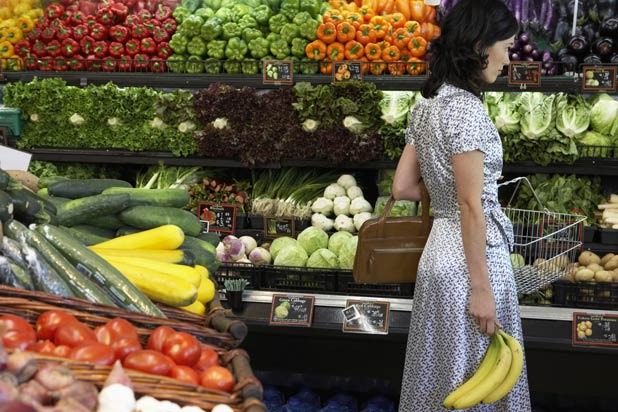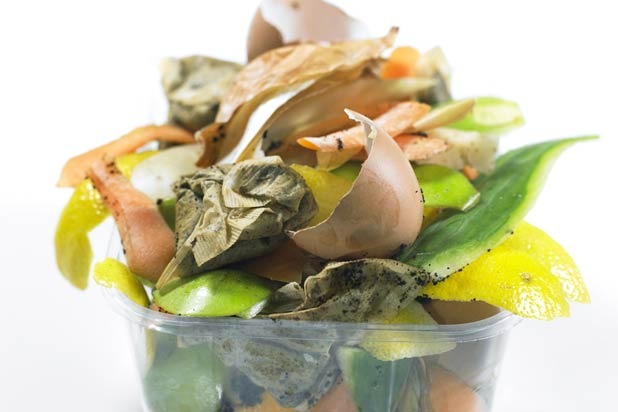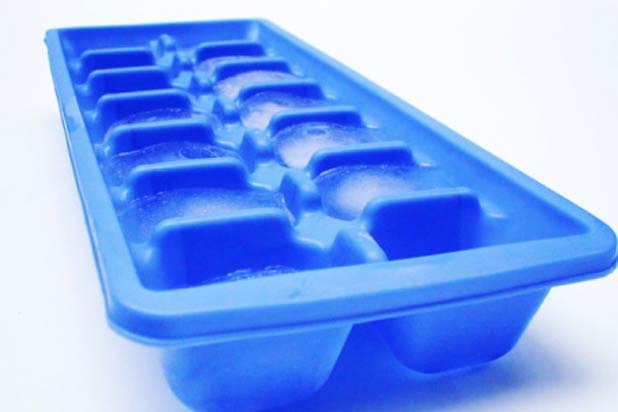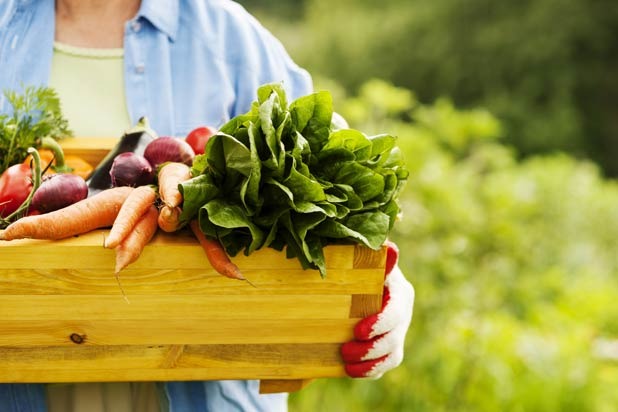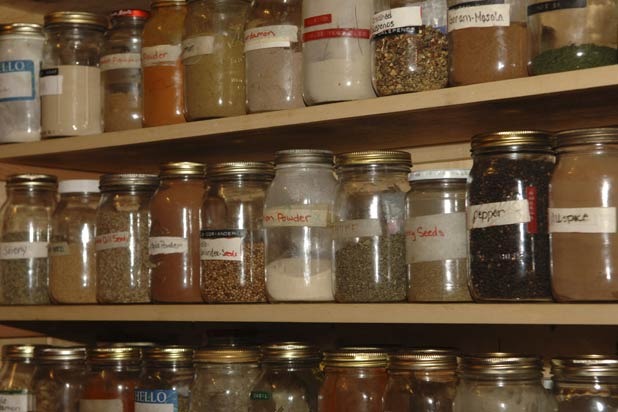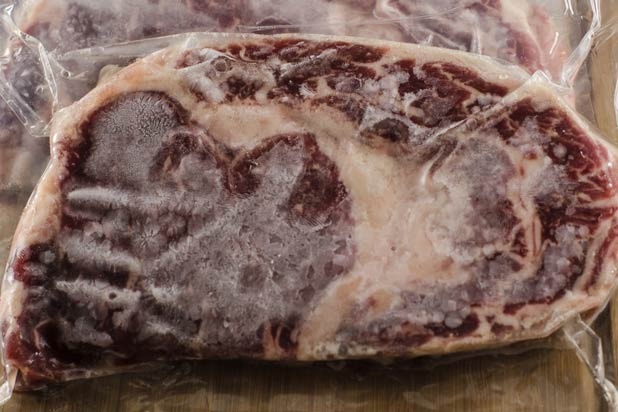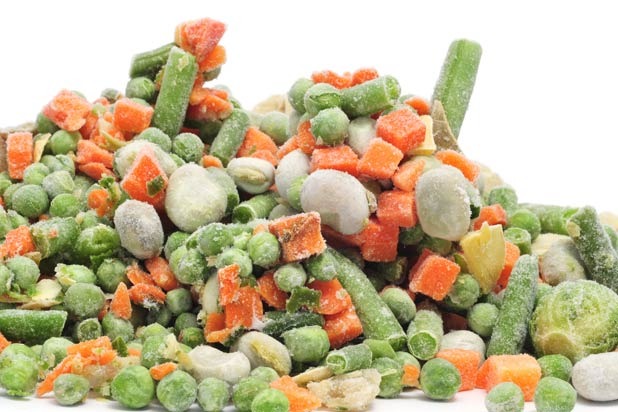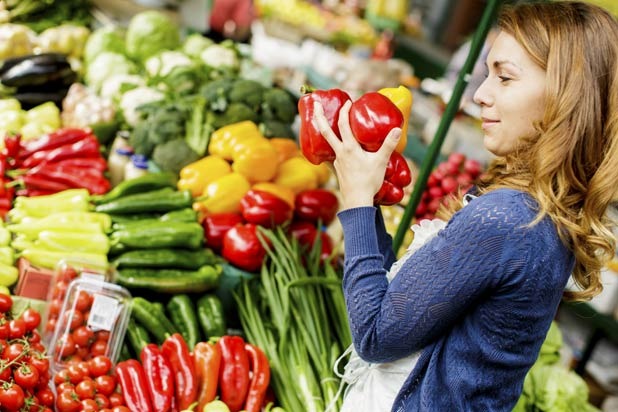10 Ways To Save Money On Groceries Without Coupons (Slideshow)
While we're talking supermarket wisdom, it's important to shop with your brain, not your belly. If you plan your meals in advance, you can head off to grocery shop with a list in hand that highlights the necessities. You'll be less inclined to peruse aisles with foods you won't eat and don't need on your waistline. What's more, shopping when hungry or depressed might lead you into high-calorie territory that not only looks bad on the hips but also the wallet. Ever really pay attention to what a pint of ice cream costs?
Shop the Perimeter
Keep this supermarket wisdom with you as you stock up on your favorite eats: Stay to the outer aisles of the market to find the widest selection of unprocessed healthier foods.
Ditch Sodas and Juices
Forget the juices and sodas. Some are quite expensive and who needs those unnecessary calories? Flavor your water with nature's bounty! Infuse pitchers of water with slices of orange, cucumber, grapefruit, lemons, limes, etc.
Use Food Scraps
Save those vegetable scraps. Stock up on fennel stalks, celery leaves, carrot tips. Again, package up your produce in freezer bags and save for that hearty soup on a cold winter's night or your Thanksgiving Day gravy.
Freeze Leftover Coffee
How much coffee do you buy each day? How much coffee do you dump down the drain from your own coffee pot? Chances are the answers are too much and a lot! Pour unused coffee into ice cube trays. Use cubes for quick chilled coffee on the go. Remember, if you keep a travel mug or thermos in your cupboards, you won't have to buy paper or Styrofoam cups.
Shop Seasonally
Know what fruits and vegetables are in season to keep your costs reasonable at the market. As a family, the kids can help you create a seasonal produce chart to hang in the pantry or on the fridge. Couples and singles should keep a chalkboard or white board in their kitchen with the list as a reminder of what's super delicious at any given time of the year. Hey, sometimes you just forget!
Storage is Key
Store dry goods such as flour, sugar, nuts, dried fruits, pasta, and granola in airtight containers for a longer shelf life. These types of perishables are great to buy in bulk in order to keep costs low. Rather than buy individually packaged nuts and dried fruit for snacks, purchase a few reusable sandwich bags (washable and easy to slip in your pocket!) and create your own solo packs. Keep these either in the fridge or in any air-tight container for crispness.
Buy in Bulk
Worried about having too much food in the house that will go uneaten, or worse, wind up in the trash? That's an easy fix! Buy in bulk with a friend or neighbor. Split perishables such as meat and dairy with your nearest and dearest. Package up your meats in freezer bags to cook only what you will eat for dinner.
Buy Frozen Vegetables
Want to buy frozen vegetables? Don't feel bad about it — go right ahead! In fact, everyone should have plain frozen vegetables sans cheese or butter in their freezer. Add your frozen vegetables to a blender to make a powerhouse smoothie. Nothing fresh in your produce drawer? Thaw that frozen broccoli for a quick, healthy side. They're better than canned vegetables because there's no sugar, and frozen is often more affordable than fresh when not in season.
Know When to Shop Organic
Know the "Dirty Dozen" so you can prioritize organic food purchases. The most important foods to buy organic are apples, bell peppers, celery, cherry tomatoes, cucumbers, grapes, hot peppers, kale, peaches, potatoes, spinach, and strawberries.
